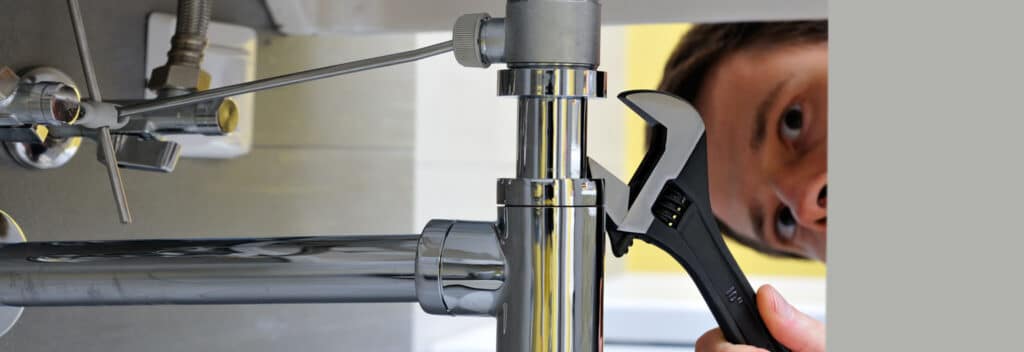Basement flooding can be one of the most stressful and expensive issues for homeowners. Knowing how to prevent water damage and what to do in an emergency can help protect your home and belongings. From essential precautions to sump pump maintenance, here’s how to safeguard your basement.
8 Ways to Prevent or Reduce Basement Flooding
1. Seal Cracks and Gaps
Inspect and seal any cracks or openings in your basement walls, floors, and window wells to prevent water seepage.
2. Keep Gutters and Downspouts Clear
Regularly remove leaves, nests, and debris from eavestroughs and downspouts to ensure proper drainage.
3. Use a Dehumidifier
A dehumidifier won’t prevent flooding, but it will help keep your basement dry, especially in humid months.
4. Check the Slope Around Your Home
Ensure the grading around your home slopes away from the foundation so water drains away rather than pooling around your basement.
5. Avoid Drain Clogs
Prevent clogged drains by keeping these items out of your sinks, toilets, and bathtubs:
- Cooking grease, coffee grounds, food scraps
- Paper towels, baby wipes, feminine products
- Cotton swabs, cat litter, paint, and car fluids
6. Inspect Plumbing and Drainage Systems
Have a licensed plumber assess your home’s plumbing and drainage to identify any potential issues that could lead to flooding.
7. Install a Backwater Valve
This device prevents sewage from backing up into your basement during heavy rains. Some municipalities offer rebates for installation. If you already have one, have it inspected regularly.
8. Check Laundry Hose Bibs
Old rubber hoses connected to your washing machine can burst. Replace them with durable braided stainless steel hoses to prevent leaks.
Basement Flooding Prevention: Do You Need a Sump Pump?
Even without major flooding, water and moisture can seep into your basement, especially in areas with a high water table. A sump pump can help by automatically draining excess water away from your foundation.
Sump Pump Maintenance Tips
If you have a sump pump, inspect it regularly:
- Test It Monthly: Especially if it also disposes of water from your washing machine.
- Clean the Screen/Inlet: Keep the pump free of debris.
- Get an Annual Inspection: A professional can check key components like:
- Alarm System – If your pump has one, ensure it works.
- Check Valve – Prevents water from flowing back into the basement.
- Backup Power – A battery backup is essential in case of power outages.
- Pit Depth & Size – Ensure the pump has enough space to function properly.
- Proper Discharge Location – Pumped water should drain at least 20 feet away from homes.
Need a sump pump replacement or a backup system? A Reliance plumber can help with expert advice and installation.
What to Do If Your Basement Floods
Safety First
- Keep Family & Pets Away – Avoid contaminated water and potential electrical hazards.
- Shut Off the Water Supply – This helps prevent further damage.
- Call 311 or Your City’s Water Services – They can help identify the cause of the flooding.
- Turn Off Power (If Safe) – If you smell gas, leave immediately and contact your gas provider.
- Contact Your Insurance Provider – Report damage, take photos, and save receipts for emergency repairs.
Call a Licensed Plumber
At Reliance, we don’t just fix plumbing problems—we help you prevent them. Plus, our service includes a one-year parts and labour warranty for added peace of mind.
Reliance Plumbing Protection Plan Benefits:
✔ Includes parts & labour
✔ No deductibles or hidden costs
✔ No pre-inspection required
✔ 90-day service guarantee
✔ Unlimited calls for service
Learn more about our Comfort Protection Plans here.
Need help? Call on Reliance™ today!








